
The Return of the Neo-Cons: Why a Romney presidency would be bad for America
This week we were given a first glance at what a Romney presidency might mean for the rest of the world when he and his allies began to spell out what a Romney foreign policy would consist of at the Republican National Convention. The decision to focus upon attacking Obama’s foreign policy record was perhaps unwise given that this is one area in which Obama enjoys relatively broad support and in which Romney has little experience — and given his recent debacles on the international stage, even less credibility. While Obama has not fully lived up to the hopes the international community had for him (demonstrating the folly of awarding peace prizes in advance), he at least still commands the …
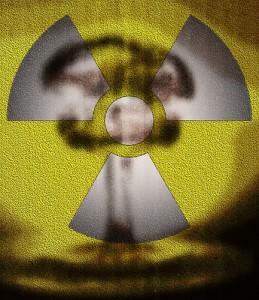
Iran and the Threat of Nuclear Weapons: A response to Kenneth Waltz
In a recent interview with The Diplomat, Professor Kenneth Waltz discussed the advantages of Iran acquiring nuclear weapons. An eminent and lucid scholar, Waltz committed the error of trying to fit an incorrect piece of a puzzle into a coherent theory. His theory whereby nuclear powers have never gone to war against each other has, so far, proven to be right. However, trying to extend this fact in a mechanical manner into a future scenario involving Iran is questionable. To begin with, the leadership of Iran, as distinct from that of any other of the current nuclear powers, has called for the destruction of its enemy as a sovereign entity. It has made it clear, time and again, that …
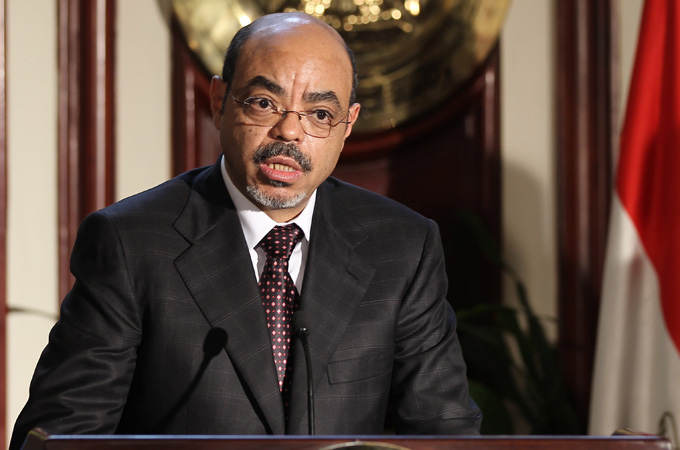
Zenawi: The titan who changed Africa
At 23:40 local time, the Ethiopian prime minister was declared dead, the consequences of a mysterious infection that had international policymakers and Ethiopian citizens concerned about his health for weeks. The disappearance of the man who had ruled from Addis Ababa for the past two decades – having come to power through guerrilla war against the communist Derg regime – has unleashed speculation regarding likely successors and an internal power struggle inside the Ethiopian People’s Revolutionary Democratic Front (EPRDF). Less attention is being paid to the regional fallout of the death of this African titan – though the consequences of Meles’ demise for the future of millions of Africans could be profound. The food crises of the 1980s and hundreds of thousands of dead …

Angola: Transparency reforms yield little change
Depending on whom you read, the Angolan government is either run by a band of committed reformists or is in the grip of a villainous, money-hungry elite. Long a critic, the International Monetary Fund now lionises “the significant progress made toward improving fiscal transparency”. Civil society activist Rafael Marques de Morais condemns the relentless self-enrichment by government officials using “their official positions to override the line between public and private interests”. While Angola’s oil economy has never been more transparent, the impact of this on the governance of the country is trivial and even strengthens the regime. Angola gained notoriety just over a decade ago as an oil-rich country run by an oligarchy lording over an impoverished, war-weary population. Global …
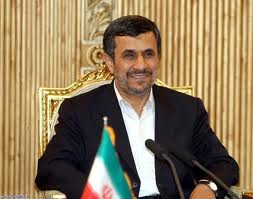
Enigma Syriana: between proxy war and the Pax Iranica?
چنان قحط سالي شد اندر دمشق كه ياران فراموش كرد عشق سعدي “Such famine was there once in Damascus that lovers forgot their love.” …
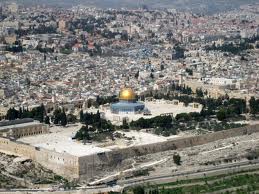
Everyone knows Israel’s true capital
In international relations there is sometimes a situation of political make-believe whereby states conduct themselves in a manner that actively and consciously ignores reality. On some occasions this is warranted in order to avoid a crisis or mitigate conflict. And once relevant self-deception can become ingrained after time, even though its usefulness is debatable at best. Such is the case (or perceived to be) with Israel’s capital city. Israel’s capital is Jerusalem. The government is located there; so are the Supreme Court and the Bank of Israel. All are located in West Jerusalem, which is seen by the international community as part of Israel’s sovereign territory – and would almost certainly be so following a future peace agreement with the …

Field Research in the Middle East
Year after year, students opt to enroll in programs focusing on the Middle East, and some of those students may also decide to visit the region for research—to gather accurate data, to conduct interviews, or to look for primary sources. Research on Middle Eastern issues has been conducted extensively since the beginning of this century. The 9/11 attacks sparked renewed interest in the Middle East, resulting in a series of research projects on topics such as security, religion, democracy, and development-related topics in this region. The on-going Arab uprisings and widespread turmoil in the Middle East have given these historical events a new intensity. Therefore, it is likely that the Middle East will continue to occupy a focal point of …
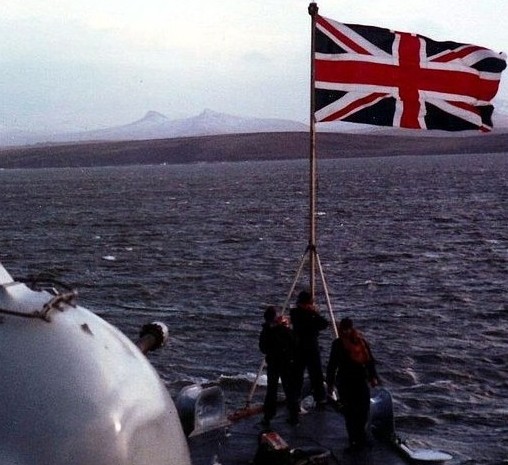
Is There a Solution to the Falklands/Malvinas Conflict?
The Falklands is a perennial red top tabloid favourite. But aside from providing patriotic copy, it is a squabble with serious diplomatic consequences. What to do (or not do) in the case of the islands remains tricky. Is there a solution? Theoretically, yes; practically, no. Theoretically, both countries could agree to a Hong Kong-like lease-back formula, whereby Argentina is accorded legal sovereignty over the islands but the British continue to govern them for a long period of time. This was a scheme conceived by the Foreign Office prior to the Falklands Crisis of 1982, though it had precious little political support in Britain. In the wake of the war, it became a dead letter. Another possible solution could be for …









